Poverty reduction from plum trees
Crossing the rugged mountainsides of Chieng Tuong commune (Yen Chau district, Son La province), we came across a special economic development model: Planting fruit trees on sloping land initiated by the soldiers of Chieng Tuong Border Guard Station and accompanying the people since 2016.
On the 1 hectare-wide field of Mr. Phang Lao Lang, a Mong ethnic born in 1983, the plum trees are laden with fruit, signaling another sweet fruit season. “At that time, I was planning to plant fruit trees but didn’t know where to start. When the army came to support seeds, help plant trees and give technical guidance, my family was very happy. Since then, the trees have grown well, the fruit is consistent, and they sell for a good price,” Mr. Lang shared.
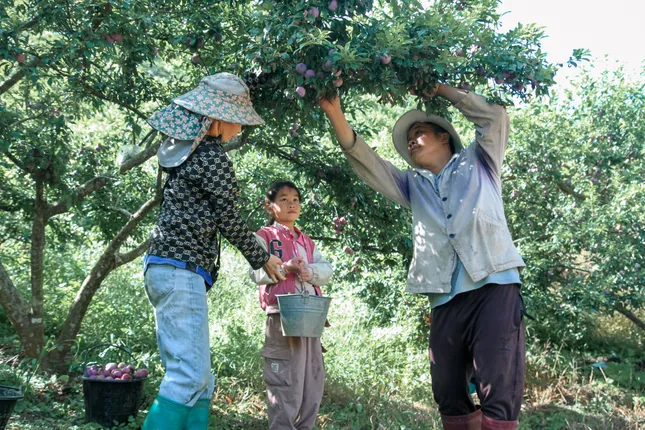 |
Mr. Lang's family is currently growing about 550 plum trees. |
Mr. Lang's family is one of the first households to participate in the fruit tree planting model on sloping land deployed by Chieng Tuong Border Guard Station since 2016.
At that time, the hilly land around the village was mainly used to grow corn and cassava, with unstable income and low efficiency. With the support of the border guards and local authorities, his family was provided with more than 100 seedlings. Up to now, Lang's plum garden has about 550 trees. Not only trees, he and other households participating in the model were also guided on the process of planting, caring for, treating pests and fertilizing according to each stage of the crop season.
The process of a plum crop has now matured: after harvesting in July, he fertilizes, sprays biological pesticides to clean the trees, and trims the branches at the end of the year. In February of the following year, when the plums bloom, he sprays pesticides to preserve the flowers and fruits, and fertilizes so that the trees have enough strength to grow fruit. All pesticides are biological products of natural origin, ensuring safety and environmental friendliness.
“From the plum tree, the family has a stable source of income, each year earning tens of millions. We have money to raise our children, repair the house, and buy things. Growing fruit trees is now a sustainable direction,” Mr. Lang confided.
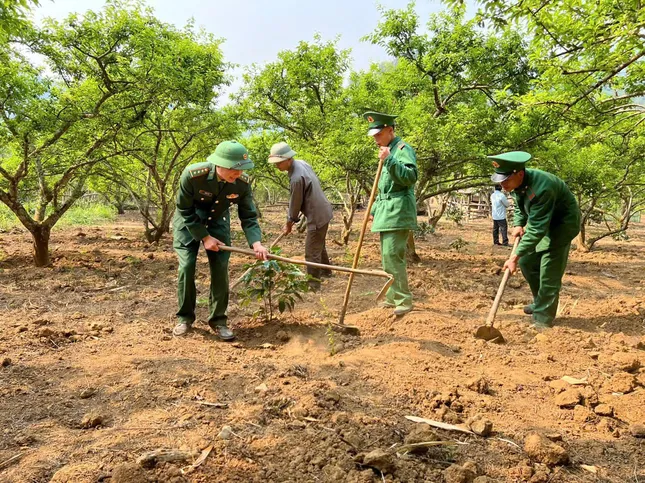 |
During the first 3 years, officers and soldiers of Chieng Tuong Border Guard Station accompanied the people from buying seedlings to caring for and harvesting the fruit. |
Soldiers went down to the village, worked with the people to protect the land and do business.
According to the Chieng Tuong Border Guard Station, since 2016, the unit has surveyed with local authorities and selected households with the need and conditions to pilot the model of "Growing fruit trees on sloping land". In the border area, there is a lot of sloping land, but people still lack techniques, investment capital and long-term production orientation. "We have supported 4 households with a total of more than 2,000 plum trees, planted on about 4.7 hectares of sloping land . In the first 3 years, officers and soldiers regularly went to the fields with people to take care of the trees, provide technical guidance and accompany each crop season", said Captain Vang A Nu - Head of the Mass Mobilization Team of Chieng Tuong Border Guard Station.
According to Captain Nu, the model not only helps people stabilize their livelihoods and increase their income, but also contributes to land preservation, anti-erosion, forest protection, and gradually changes farming awareness. "Each household currently earns from 70 to 100 million VND per year, a good number in a border area with many difficulties," he said.
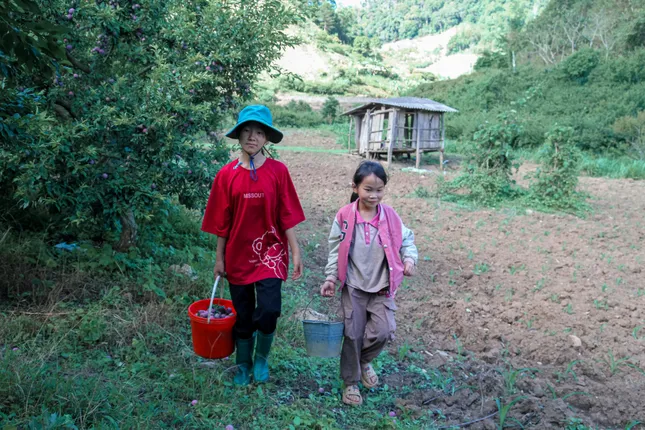 |
This model helps Mr. Lang's family and other households develop their economy and improve their lives. |
In addition to initial support, the army also connects agricultural technicians, introduces output, and encourages people to change crop structure in a direction suitable to terrain conditions and climate change.
From the initial success, the fruit tree planting model on sloping land in Chieng Tuong is being encouraged to expand. Each season of white flowers blooming on the hillsides not only promises sweet fruit, but also proves the change from the hands, minds and companionship of soldiers on the border. “The soldiers help the people not only to protect the forest and the land, but also to help protect the village and preserve life. In a difficult place like Chieng Tuong, that companionship is very precious,” said Mr. Giang A Nu - Head of Pa Kha 1 village.
The story of Mr. Phang Lao Lang and his plum garden today is a typical slice of the right direction in the sustainable poverty reduction program based on the people's internal strength, with support from local forces, and most importantly, changing the production mindset. On the sloping land, the future is blooming from the sweet fruit seasons.
Source: https://tienphong.vn/bo-doi-huong-dan-ba-con-trong-hoa-qua-tren-dat-doc-de-thoat-ngheo-post1753017.tpo








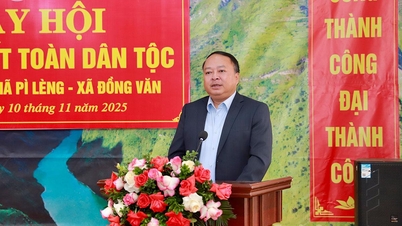

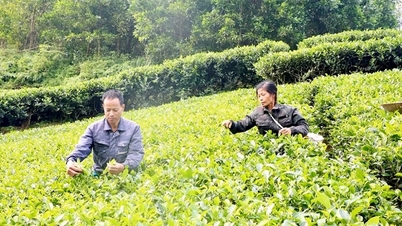

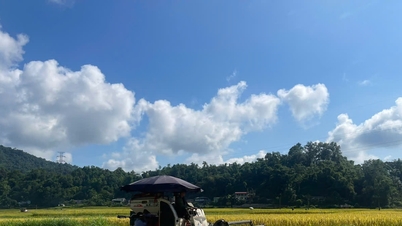



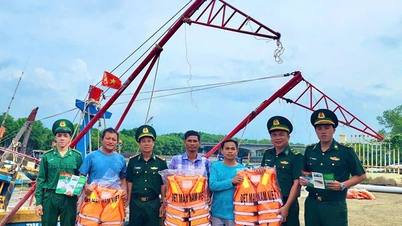



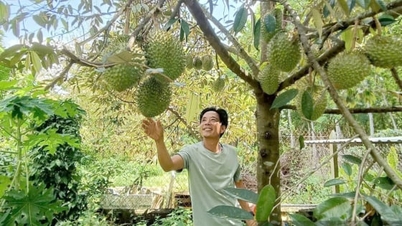
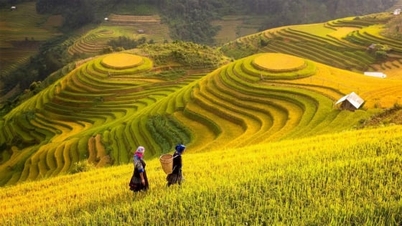

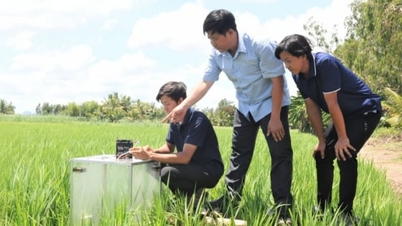









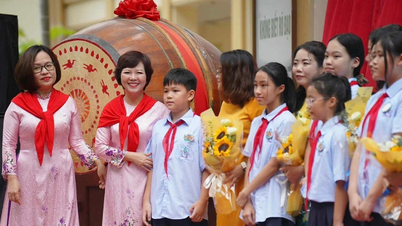

















































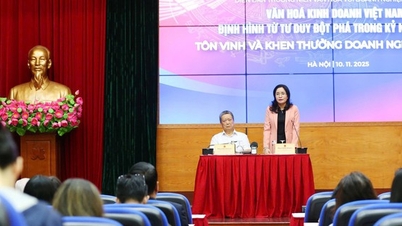
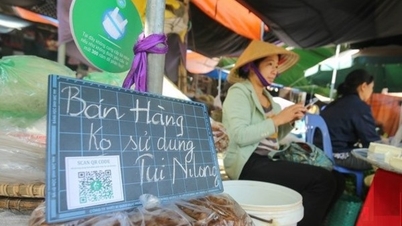





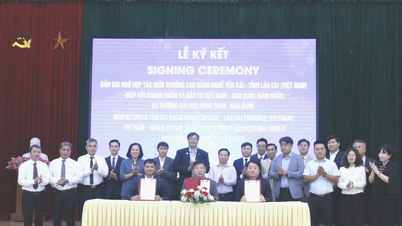







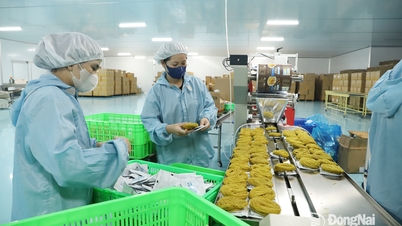

![Dong Nai OCOP transition: [Article 3] Linking tourism with OCOP product consumption](https://vphoto.vietnam.vn/thumb/402x226/vietnam/resource/IMAGE/2025/11/10/1762739199309_1324-2740-7_n-162543_981.jpeg)










Comment (0)